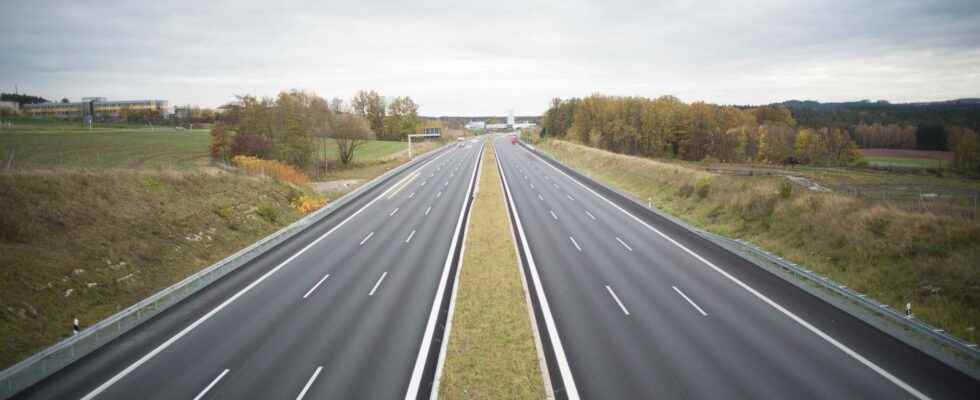The geolocation of vehicles is a device that is still controversial because many fear being monitored. But do not panic, this practice is very supervised by the CNIL and above all allows companies to better control the use of their vehicle fleet, for the purposes of safety but also profitability.
You will also be interested
[EN VIDÉO] Kézako: how does a GPS work? The GPS (Global Positioning System), present in many land, air and sea vehicles but also in a majority of smartphones, is now part of our daily lives. Unisciel and the University of Lille 1 explain to us, with the Kézako program, how this system works and reminds us of its history in this short didactic video.
How can geolocation provide effective answers to improve the daily management of a company’s fleet?
Why track vehicle location?
Whether it is to ensure vehicle safety, to optimize operating costs or to guarantee business productivity, installing a geolocation system on vehicles can be very relevant.
- Watch to avoid the theft of machinery on construction sites but also for cars if these vehicles professionals are not parked in a private car park.
- Consult and optimize routes. Both to reduce costs and to limit thecarbon footprint of the activity, it may be interesting for a company to analyze the most frequent trips in order to rework the logistics aspect or even the work schedules.
- Improve profitability by determining the cost of each trip and if necessary adjust pricing.
- Strengthen customer service, particularly for companies specializing in delivery, in order to reassure customers about the delivery of their parcels. This better handling of your customers’ requests can become a real selling point!
Operating with a GPS, this device transmits the coordinates of the vehicle’s position in real time.
Geolocation is regulated by law
To protect employees and limit abusive behavior as much as possible, the Commission Nationale Informatique et Libertés (Cnil) defines the contours of the use of such a device.
Information related to travel and downtime is considered personal data, so you must be careful about the use of the information you collect through your solution. geolocation.
- Before any use, it is necessary to declare the geolocation device to the Cnil in order to have its compliance checked.
- Employees who drive these vehicles must also be informed of the presence of the tow GPS.
- The geolocation should not be used to control the driving speed of employees or to exert pressure.
- It is also forbidden to follow trips that take place outside working hours for trips to home, for example. This also concerns employees who have a certain freedom to organize their routes, as is the case with salespeople who go out into the field to meet customers.
- Each data collected must be justified and consulted only by the authorized person(s). In other words, they are not freely available!
The cars, the trucks or construction machinery are part of geolocated vehicles to ensure real-time and remote monitoring. Fleet monitoring through the implementation of a geolocation solution is a profitable investment that reassures business leaders. Faster feedback speeds up the decision-making process and reduces unnecessary travel, among other things. In addition, this technology sometimes makes it possible to reduce the amount of the premium byassurance !
Interested in what you just read?
